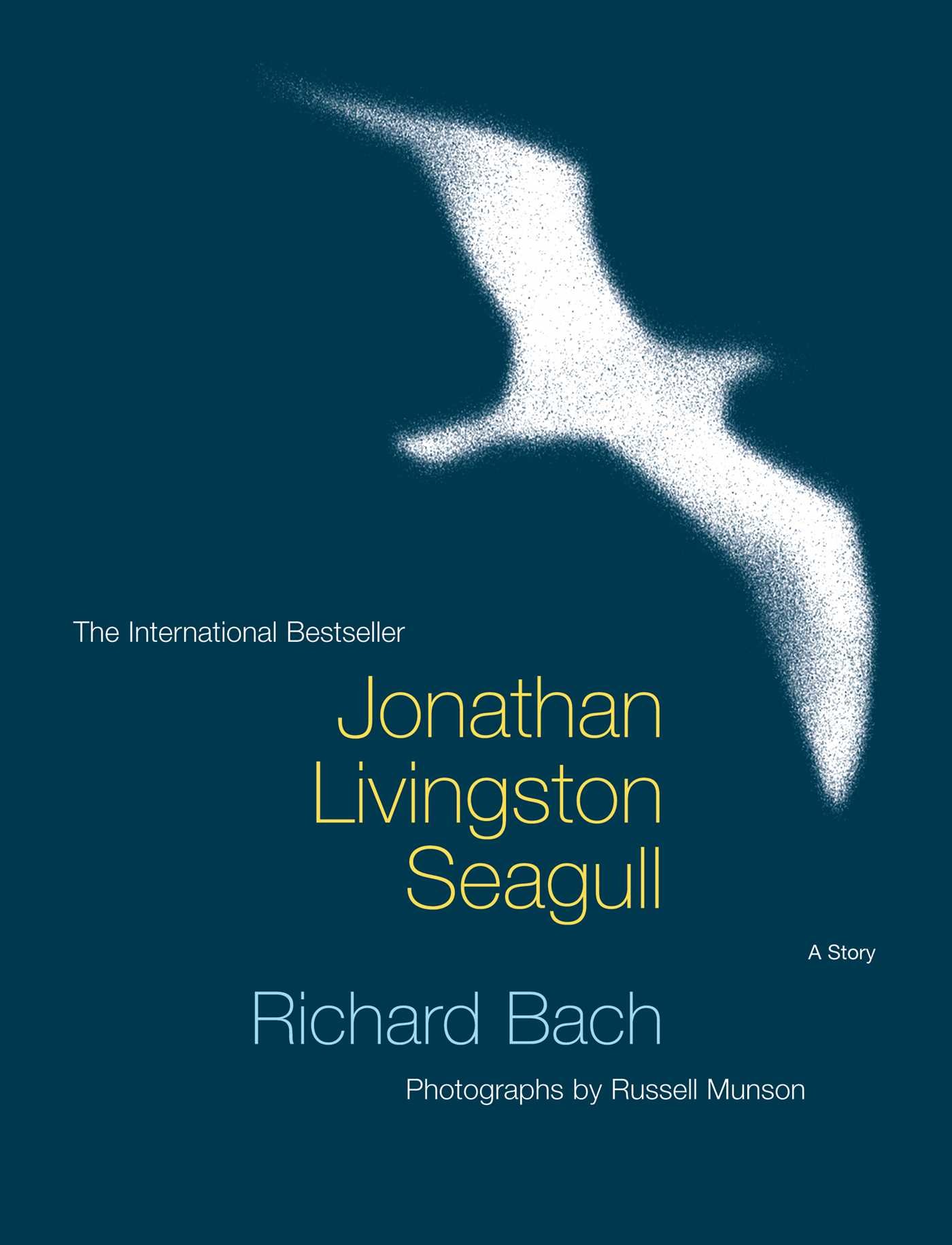
When I was child, one thing that used to excite me a lot was
the word “simplicity.” The whole world wants sophistication and, in the
process, we try to make a melange of things believe that the more enigmatic our
work looks, the more prolix our speeches are, the more will the world extol our
intelligence. In fact, we commence measuring intelligence in terms of the
affected airs of sophistication believing that the more elusive our work
remains the more reverence will be rendered upon us. However, as we grow old,
we understand that the most significant sophistication on earth is simplicity.
Simplicity can only be the work of a genius. The only testimony that a genius
can ever acquire is that of simplicity.
Though these things have always been pellucid to me, yet I
could never fathom as to how one can take an idea as convoluted as life, then
go on to take multiple aspects of an already-complicated idea and still
compress the whole thing into an half-hour read. Had somebody told that to me
before I got my hands-on Richard Bach’s Jonathan Livingston Seagull, I
would have called that person a “scoundrel”, but after studying this simple yet
extraordinarily abstruse book, I can say that everything is possible in the
world.
Bach’s book is the shortest epic that you can ever find. His
gumption to hunker down to a seemingly impossible task and excel at it
unequivocally speaks for itself. Moreover, the themes in the epic (not book)
are not random at all. They portray a complete cycle of life and then end with
an optimism hinting at the continuum which reinvigorates life back to semblance
of commencement.
The epic starts with rebellion. It initiates the process
with the depiction of how a one-in-a-million stands up to see farther than the
trifles of life; how a person can come up to challenge the regimented life that
we all live. Hardships and formidable impediments do come in their ways, but in
the end, they trounce all the encumbrances to make sure that they move past the
ordinary. However, we all know one thing, refusal is the reward that mediocrity
gives to genius. The same happens here, these people are cloistered off and
marked as pariahs because they chose to rise above the so-so level. The person who
has been ousted finds its extremely strenuous and is not able to unravel what
is happening because it is difficult to assimilate that you can be punished for
your genius.
The epic goes on to the part where the aggrieved individual gets
up and perfects himself and finally breaks the bonds with the world, and he who
was once a common person has now evolved to something exceptional. But as you
proceed to becoming exceptional, you understand the ignorance present in those
regimented people and you go back to extricate those people from the shackles
of conventions. Initially, you go as an unasked person but gradually some
others who bear the same curiosity as you used to hold come forward and thus
starts a novel procedure to annihilate all the manacles. As the process settles,
a new problem arises. People start following you rather than the idea itself
and against the wishes of the reformer, reform is made dwarf to the reformer.
As the reformer leaves the stage, myths are created regarding the greatness of
the reformer and the reform is lost somewhere. Conventions are again
established and the same fetters start binding the society and the cycle is
completed.
This whole process, when looked closely, is exactly how life
proceeds ahead. The whole chain of events expounds the creation of legends, obliteration
of conventions and then entrenchment of new conventions which finally completes
the whole cycle of events. This incessant conveyor belt shows a sad yet true
story of life and the beauty of Bach is, he shows it in less than a hundred
pages.
JAI HIND, JAI BHARAT
JAI MA BHARTI